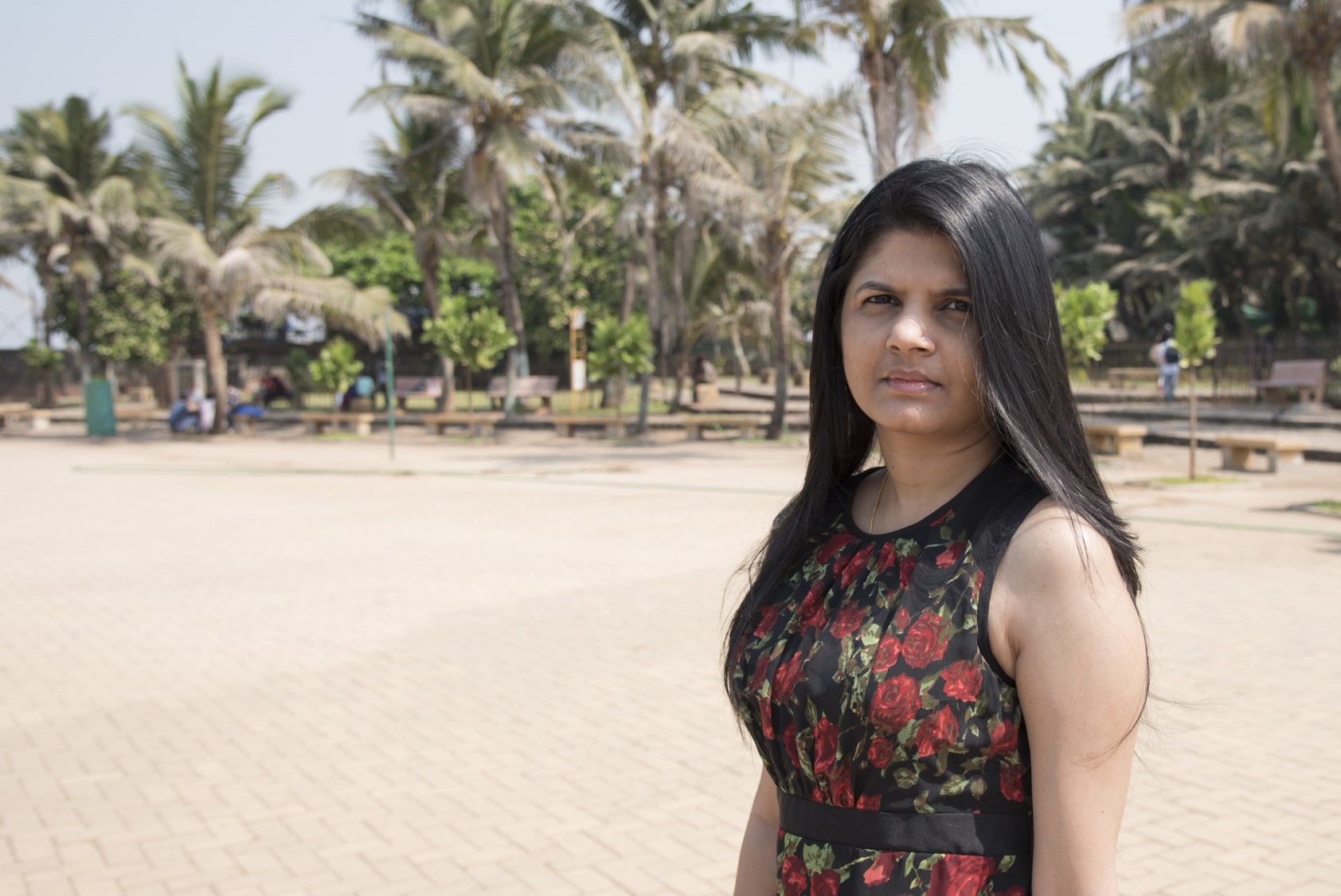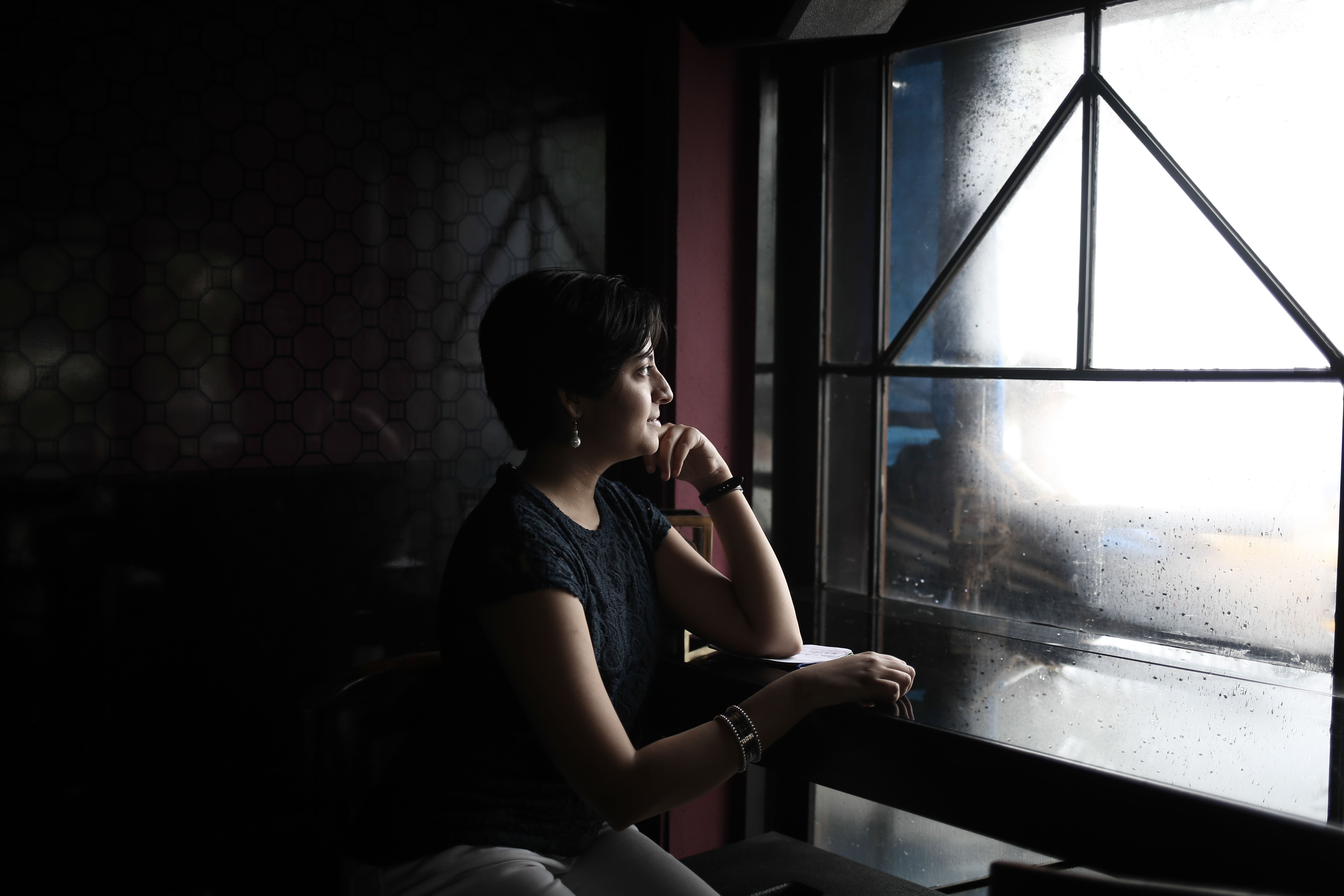TB is Harsh Enough Without All The Stigma: Women Survivors Speak Up
Stigma often goes hand-in-hand with discrimination or the social exclusion of individuals living with TB.

“How did the stigma against Tuberculosis (TB) impact you?” I asked her. She didn’t have much to say. As the conversation progressed, and as I interviewed more women about their experiences as TB survivors, I came to see that there is no way to give a single answer to that question.
Stigma permeates every step of a TB patient’s journey and defines their daily reality, and because of the trappings of gender roles, the stigma is compounded for women.

A woman’s worth is so tied up in her marriageability and ability to bear children that, when 30-year-old Debshree, at the lowest point in her sickness, stopped getting her period, extended family members said, “Maybe she’s not even a woman anymore.” Nandita, a journalist, recalls the barrage of questions when people found out about her TB—“Are you normal? Can you still have children? Who will marry you?”
Every woman I spoke to had heard some version of these questions, and after being confronted with them enough times, they begin to ask these questions to themselves—and internalise the doubt, shame and guilt they bring.
Stigma often goes hand-in-hand with discrimination or the social exclusion of individuals living with TB. Mumbai-based Deepti said that whenever she went out, even after she was no longer infectious people would give her strange looks. 26-year-old Tejal’s neighbours in Vadodara stopped speaking to her and her family as the news of her sickness spread. “If I reached a public space people would just leave, or they would loudly say, ‘She has TB. Stay away, leave.’”
It’s no wonder, then, that the most common refrain from doctors and family members usually tell their patients/loved ones to not inform anyone about the disease.

However, when TB is seen as something that needs to be hushed and hidden, it only adds blame and shame to the experience. While the fear of social isolation keeps people from speaking out about the disease, the culture of silence leads to a vicious cycle that traps patients.
“This silence feeds the stigma and misinformation,” Saher, a business professional in New Delhi, says. Patients describe feeling a profound sense of aloneness when they find out they tested positive for TB, and say that they did not know anyone who had survived the disease when they were diagnosed, but realised, as time passed, that this was only because no one talks about it.
For Nandita, the inability to talk about TB added to her frustration. Her college friends, unable to understand why she was withdrawn and depressed, often taunted her. Social isolation can also have devastating mental health consequences.
When so much of a TB survivor’s experience is tied up in moments of forced silence, telling their story is a way to reclaim some of the lost power. While not every TB patient wants to speak out, nor has the obligation to wear the label of ‘inspiring TB survivor,’ but a semblance of control is regained in the narration of a series of events that were so out of their control.
However, it is now time to release the fears that were only whispered at home, thoughts that only circled the mind, tense discussions that were confined to hospital rooms.
The challenge of documenting the stories of women TB patients is that the most vulnerable, the most ashamed, the most isolated, the most impacted by stigma, are not willing to tell their story, even under the protection of anonymity. The ones who have been abandoned by their families, forcefully kept away from their children, divorced by their husbands—simply because they have TB. Their stories are the ones that the stigma has engulfed.
Through the tangles of gruelling side effects, social isolation, mental health challenges and financial hardships, stories of survivors reveal glimpses of unconventional resistance.

Manasi, a student and photographer, and her friends found the strength to make jokes about her disease. Durgawati, who lives in a North Delhi slum, felt it would be impossible to hide her disease from her neighbours in their small community, but found that they were sympathetic and supportive. Everyone told Deepti to not speak out about her experience with TB, but no one knows the power of speaking out more than a survivor, and she is now a celebrated patient advocate.
TB patients and their families should not bear the individual responsibility of resisting stigma. TB related- stigma acts at a societal level, and without systemic changes, it will prevail.
If we want to be a society that cares for each other, we need to take on some of that responsibility. Whether we know someone with TB or not (and in India, we all do, whether we realise it or not), we need to talk about it. Otherwise, stigma gains its power from society buying into this silence.
In the end, the impetus to tackle stigma is on every one of us. Because TB affects us all.
(Written by Zarah Udwadia)
About the Author: Zarah Udwadia is Mumbai based a development professional and independent writer with a strong interest in women’s rights, maternal health and art in feminist activism. She studied at Duke University.
All picture credits: Rohit Saha
Like this story? Or have something to share? Write to us: [email protected], or connect with us on Facebook and Twitter.
NEW: Click here to get positive news on WhatsApp!

Similar Story

Would Your Parents Support You Taking Therapy? This Mental Wellbeing Survey Reveals an Unseen Change
An ITC Fiama survey on mental health shows 80% of Indians trust their parents to back them in seeking therapy, signalling a change in how its perceived by Gen Z, millennials, and their parents.
Read more >
If you found our stories insightful, informative, or even just enjoyable, we invite you to consider making a voluntary payment to support the work we do at The Better India. Your contribution helps us continue producing quality content that educates, inspires, and drives positive change.
Choose one of the payment options below for your contribution-
By paying for the stories you value, you directly contribute to sustaining our efforts focused on making a difference in the world. Together, let's ensure that impactful stories continue to be told and shared, enriching lives and communities alike.
Thank you for your support. Here are some frequently asked questions you might find helpful to know why you are contributing?


This story made me
-
97
-
121
-
89
-
167












